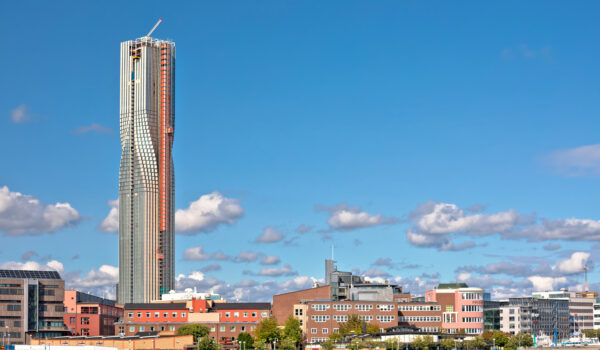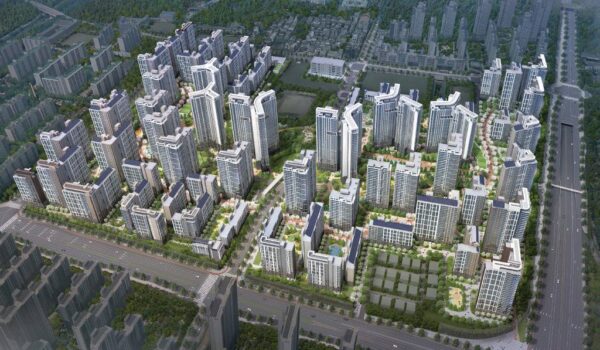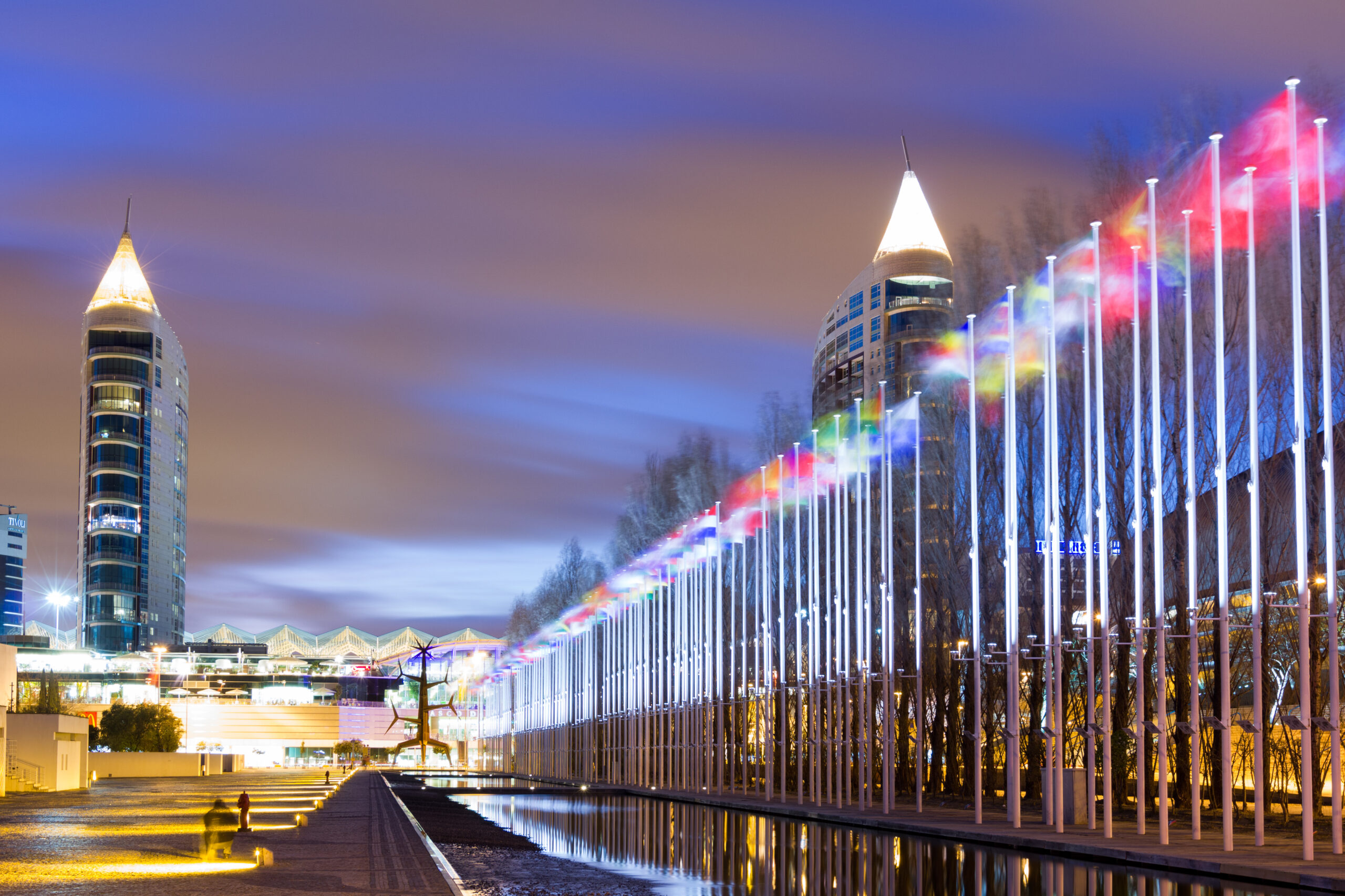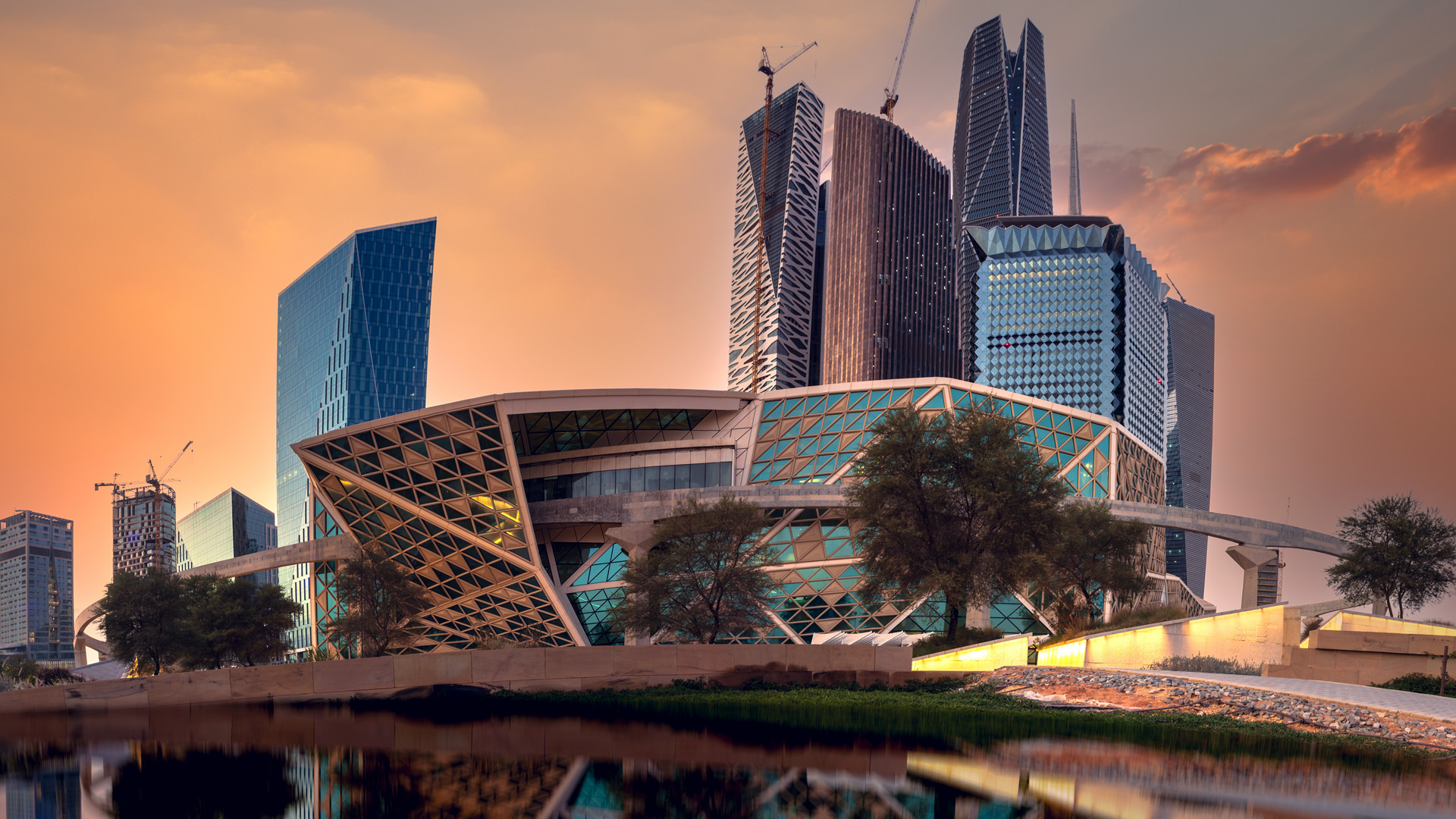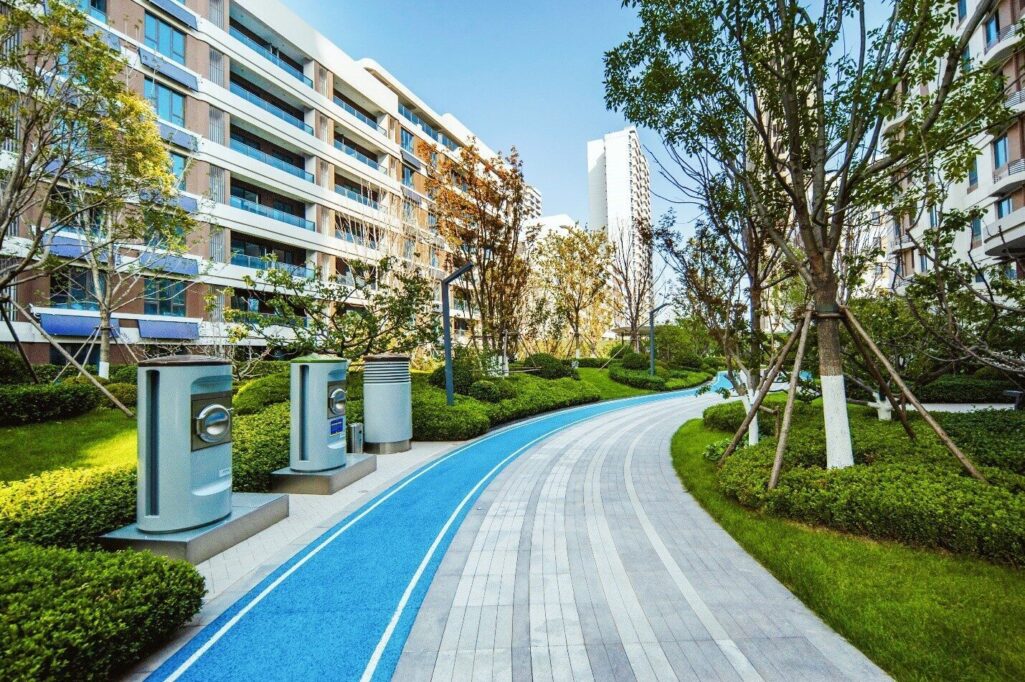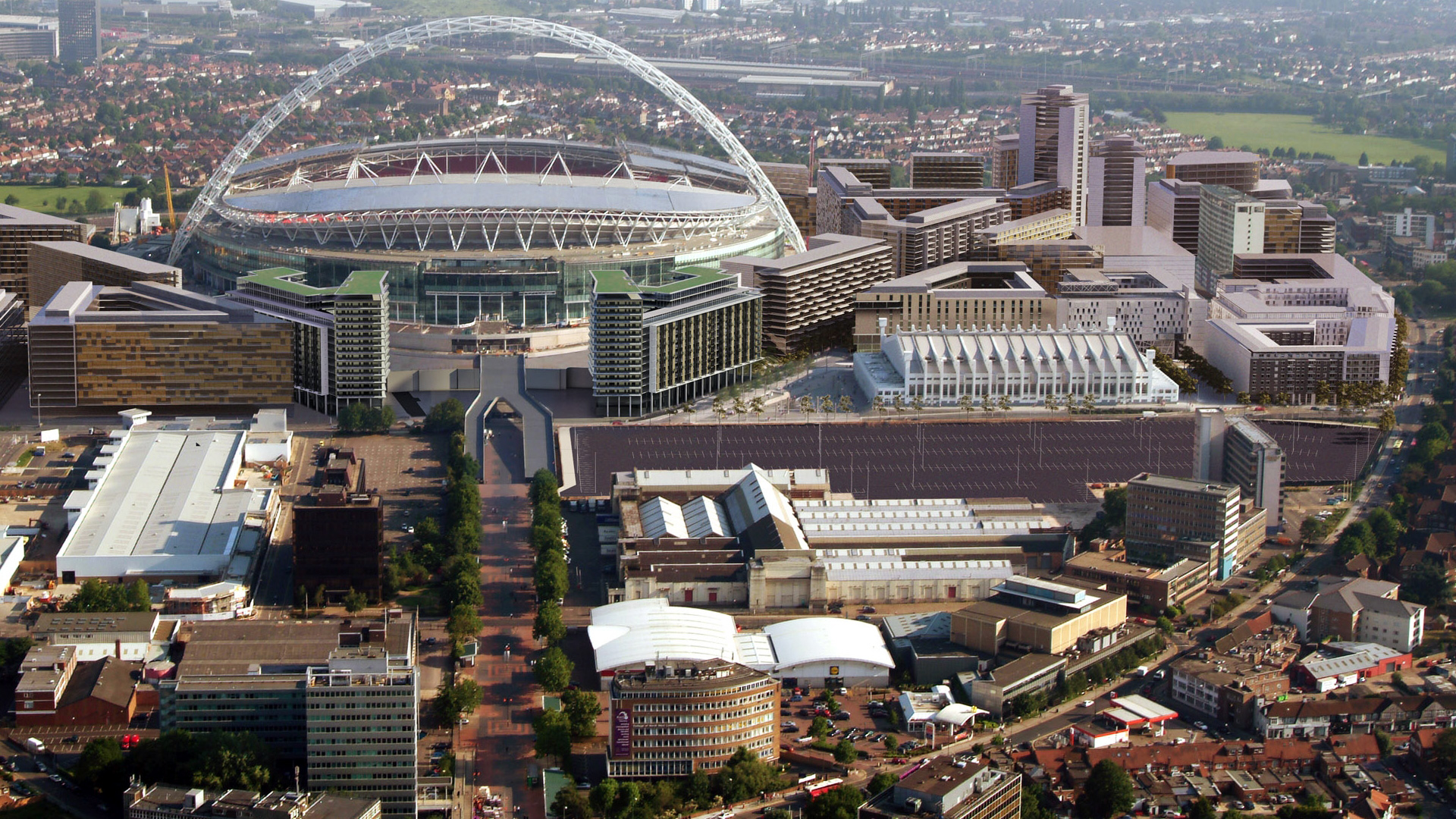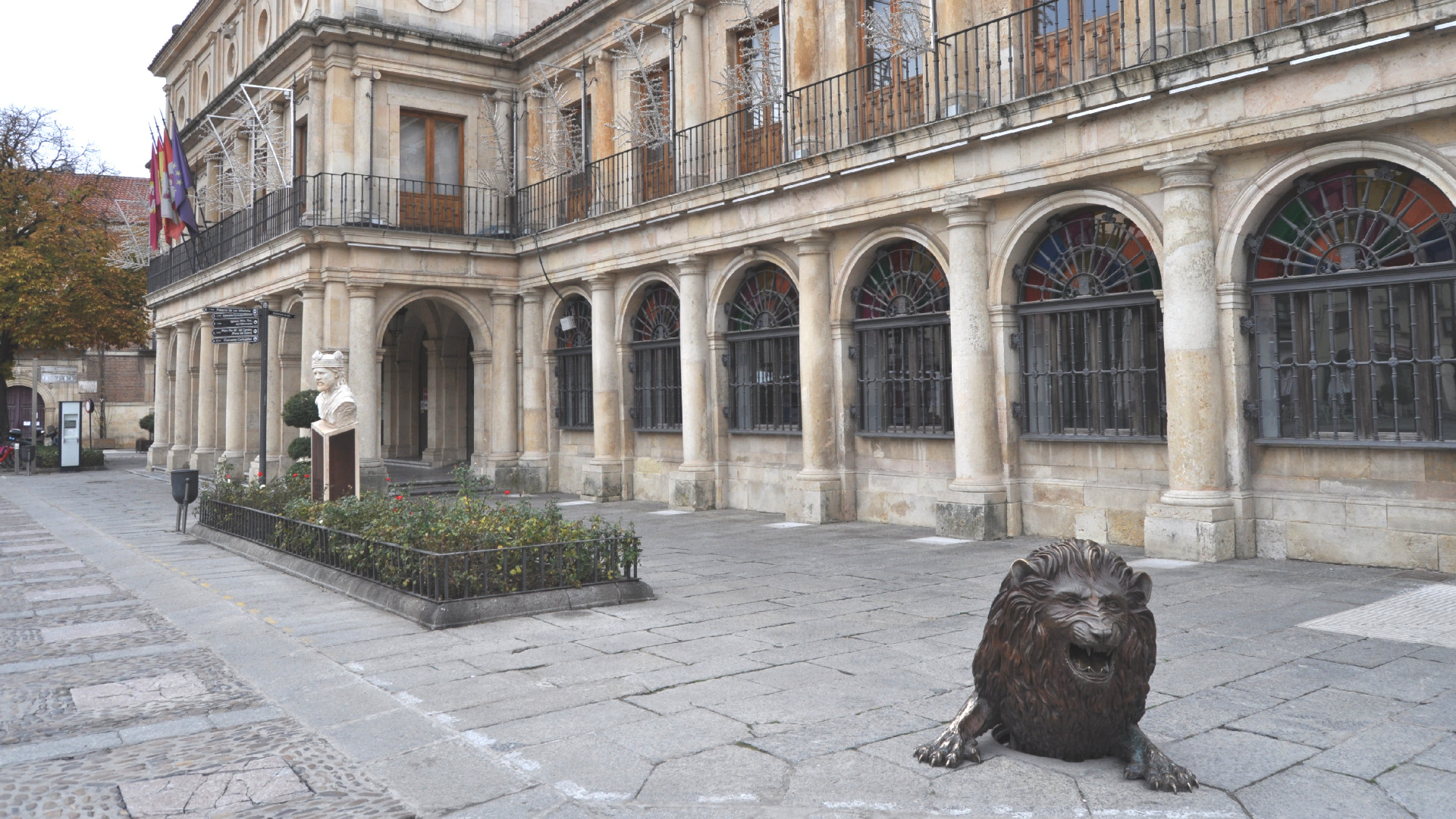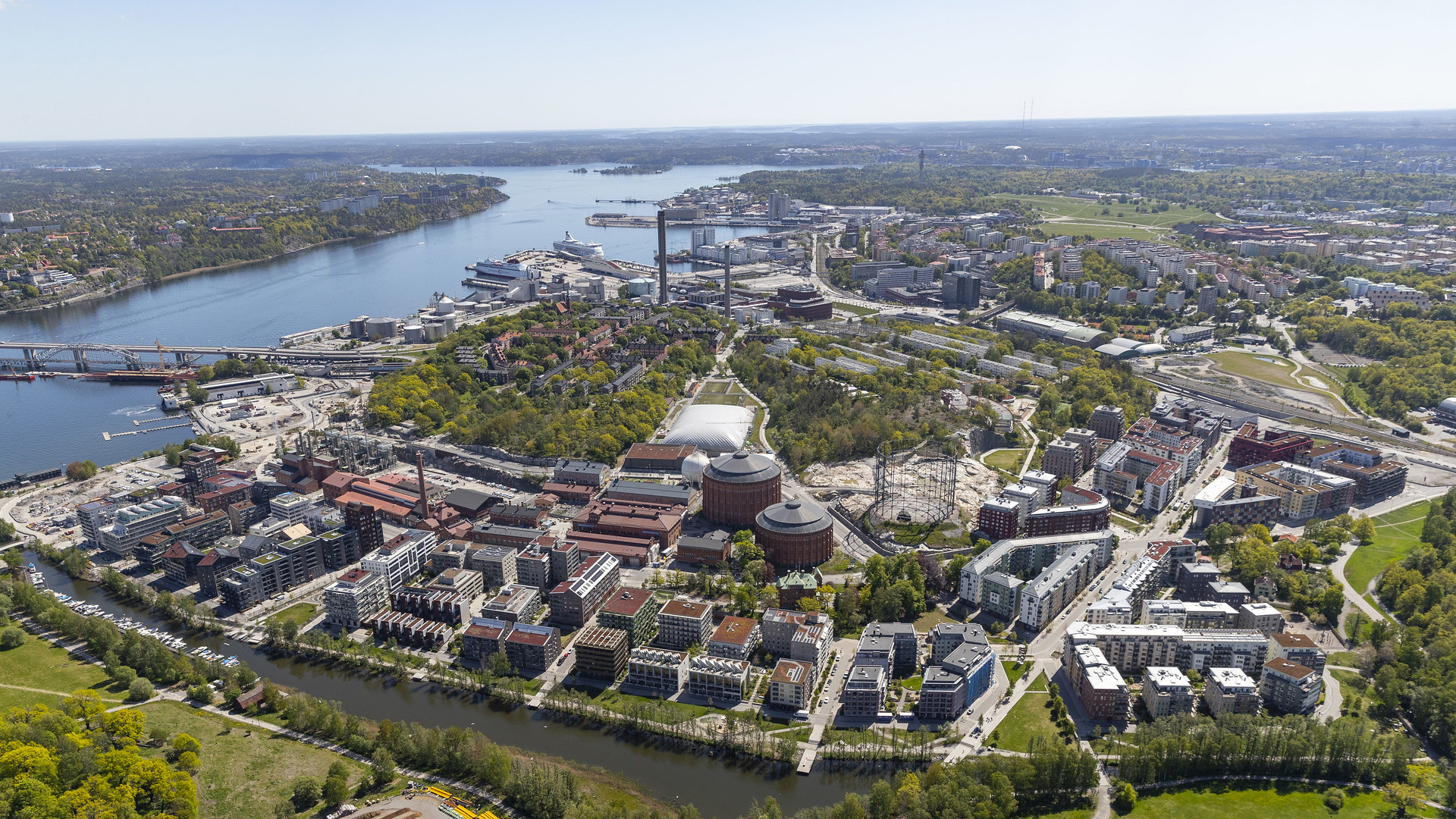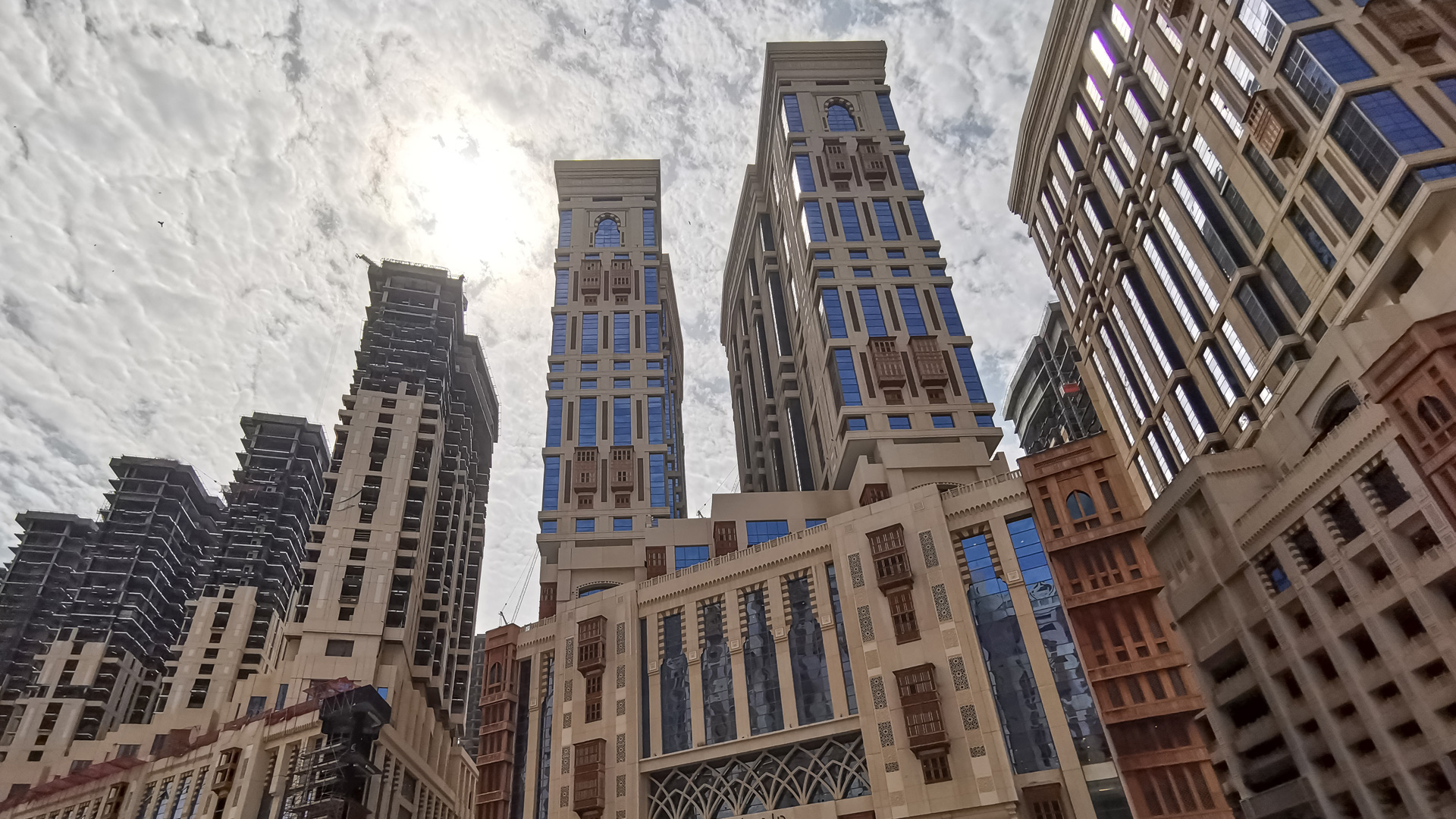Project Overview

Trondheim, a city in Norway, has gained recognition for its practical and eco-friendly waste management practices that have significantly reduced the amount of waste deposited in landfills. One significant system the city uses is a network of underground pipes connecting to several terminals, an Envac waste collection system. The system segregates waste into various categories that facilitate better sorting practices. This innovative system has been adopted to promote efficient space utilisation for residential units in the face of rapid urbanisation. The city’s approach is to improve the existing infrastructure rather than develop new ones. Manual waste collection in mixed-use spaces is not sustainable; hence, there is a need for an innovative waste collection plan for sustainable urban development.
Trondheim’s sustainable urban development planning requires safety, efficiency, and space saving measures. With an innovative waste collection plan in place, an automatic waste collection system will support their primary target by keeping large trucks from residential units, saving valuable space, increasing safety, and decreasing environmental impact. Other added value from the system is hygiene, reduced noise, pollution and odour control.
In Norway, the least preferred solution is the disposal of waste at landfills. The most favourable option is to prevent waste generation and reuse and repair products. If waste is still generated, the key target is to recycle the materials.

4 fractions
plastic, paper, food & residual waste.
2300 tonnes
of residual waste collected by underground systems.
175 tonnes
of paper collected.
9 terminals
and 15 upcoming terminals
30% of total waste
collected underground is supported by Envac system
50000 inhabitants
will be connected to the underground waste system with future expansions

Future-driven automatic waste collection for urban smart cities
AWCS revolutionises waste management by streamlining processes, reducing labour requirements, and enhancing efficiency. The innovative system minimises congestion and emissions, maximises space utilisation, improves standards, and promotes better hygiene. Furthermore, it minimises noise and boosts recycling efforts. Its adaptability to changing urban needs without requiring significant infrastructural changes future-proofs cities and ensures sustainable waste management for the long term.
Learn more on insights
Commitment that enables sustainable urban development
- All residual waste is sent to a Trondheim incineration plant, which since 1986, converts it into energy for central heating.
- Paper and plastic waste are sorted at an automated facility, with a large amount of paper recycled locally. Producers handle the recycling of plastic and glass packaging.
- Food waste is sent to a biogas plant that produces biofuel, liquid and dry fertilisers. The biogas is utilised as biofuel in garbage trucks and public transport.
- Residual waste constitutes 48% of total household waste in 2023 vs 53% in 2022. Despite rapid urbanisation, the total amount of waste generated has decreased annually, indicating growing awareness among end-users.
- Each person produced 287kg of waste in 2023 in the city of Trondheim, decreased from 296kg in 2022.
“Our top priority is to provide a sustainable solution for Trondheim that improves the quality of life for the current residents and future generations.
The innovative Envac system makes waste collection smarter, greener, safer, and more hygienic. We take pride in being the pioneers of a forward-thinking waste collection system that can support the city in achieving its goals.”



St. Olavs Hospital, Trondheim serving the community
St. Olavs Hospital in Trondheim has implemented an automated waste collection system making the hospitals waste management more efficient and convenient.
The system aims to streamline the waste management process, allowing staff to focus on providing high-quality patient care while ensuring a cleaner, safer, and more sustainable hospital environment.
Read moreProjects

Our innovative waste collection system helps shape smart and sustainable cities. By reducing emissions and providing clean, green and sanitary waste inlets for both residents and commercial actors, we want to improve the quality-of-life in the city.






